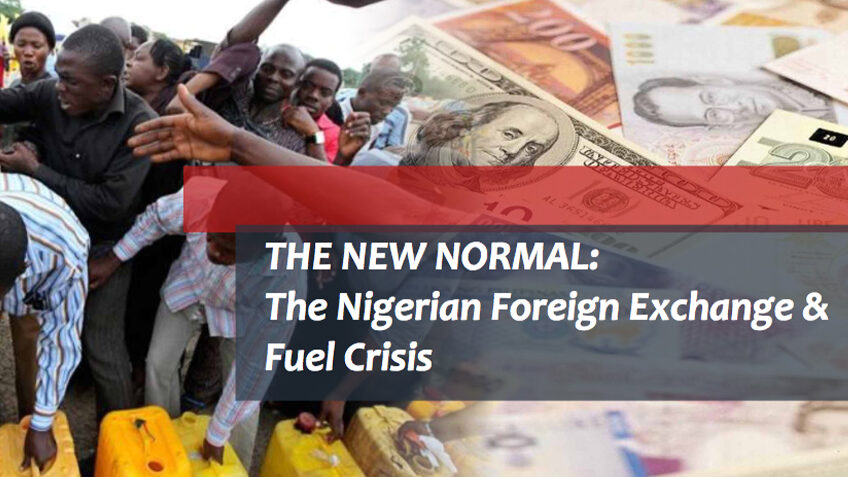Recent figures from the National Bureau of Statistics show that annual inflation in Nigeria is running at 15.6%, reaching a 6-year high. This hike in inflation was driven by the ripple effect of a weak foreign exchange policy, an increase in petrol price also driven by the exchange rate and a surge in food prices. Amid acute foreign exchange shortages, businesses were deprived of the ability to import inputs, ultimately resulting in a contraction of the economy in Q1 2016, the first such contraction since 2010. Within a new environment of the higher price of petrol brought on by the government’s recent decision to remove fuel subsidies, the impact on the average Nigerian has been harsh.



